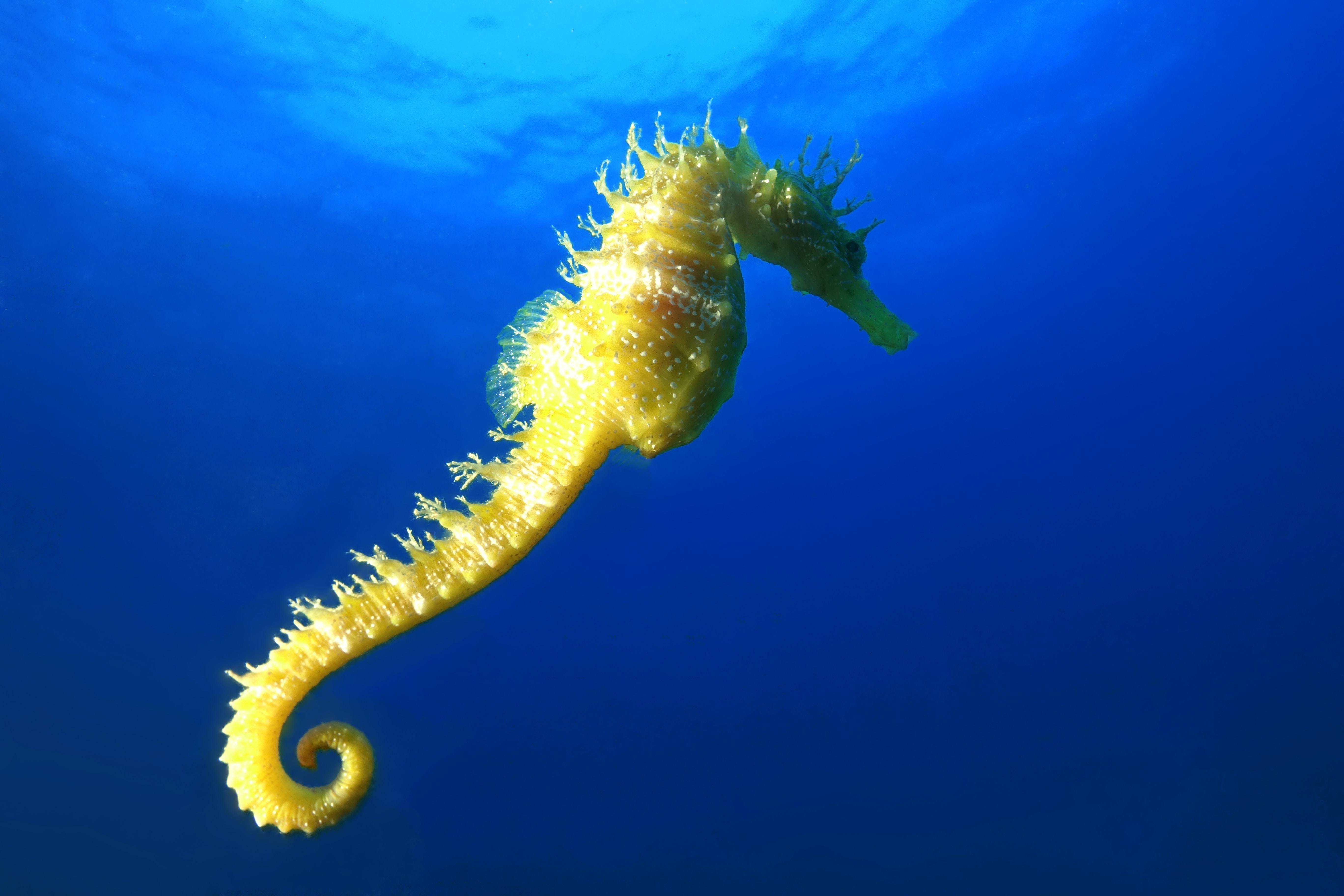Adam Jones Awarded $1 Million Comparative Genomics NSF Grant
June 23, 2020Image by Paul Hewart on Unsplash

Adam Jones, a professor in the Department of Biological Sciences, was awarded a $1 million comparative genomics grant from the National Science Foundation (NSF) to study sexual selection and sexual conflict in pipefish and seahorses over the next four years. He aims to better understand the under-studied relationship between sexual selection and genomes.
Sexual selection results in ornamentation, mating preferences, and differences between sexes, while sexual conflict causes traits that are beneficial to one sex, but harmful to the other. “Sexual selection is an important evolutionary mechanism…and sets the stage for sexual conflict,†Jones writes in his project abstract. “While the effects of sexual selection and conflict on traits are well understood, little is known about how these mechanisms affect the genome.â€
Using pipefish and seahorses as model systems offers a novel perspective for this study because both types of fish experience male pregnancy. This means that males can be a limiting resource for reproduction—a reversal of typical circumstances. “The other interesting thing that makes pipefish and seahorses really useful for this kind of work is that there’s a lot of variation in mating systems,†says Jones. In monogamous mating systems, there is weak sexual selection and hardly any sexual conflict because the reproductive interests of the pair coincide. However, in polygamous mating systems—where individuals have multiple mates—differing reproductive interests result in sexual conflict. “Because a female can benefit from mating with multiple males, that means there will be some females that don’t have any mates, which results in sexual selection,†says Jones.
Jones wants to understand the genomic effects of sexual selection and conflict. He says, “We’re looking to see how genome evolution differs in species with polygamous mating systems compared to those that have monogamous mating systems.†His project will involve sequencing the genomes of 12 different pipefish and seahorse species, finding gene expression patterns, and studying population genomics.
This project has significance beyond seahorses and pipefish, and could be relevant to humans, who have a recent evolutionary history involving sexual selection and conflict. Jones says, “Even things like the liver are sexually dimorphic in humans, and everybody ignores that. This is relevant to a lot of different taxa, including humans, because sexual conflict and selection have been part of the evolutionary history of many different organisms.â€
Article by Katy Riendeau
IBEST Design & Marketing Coordinator